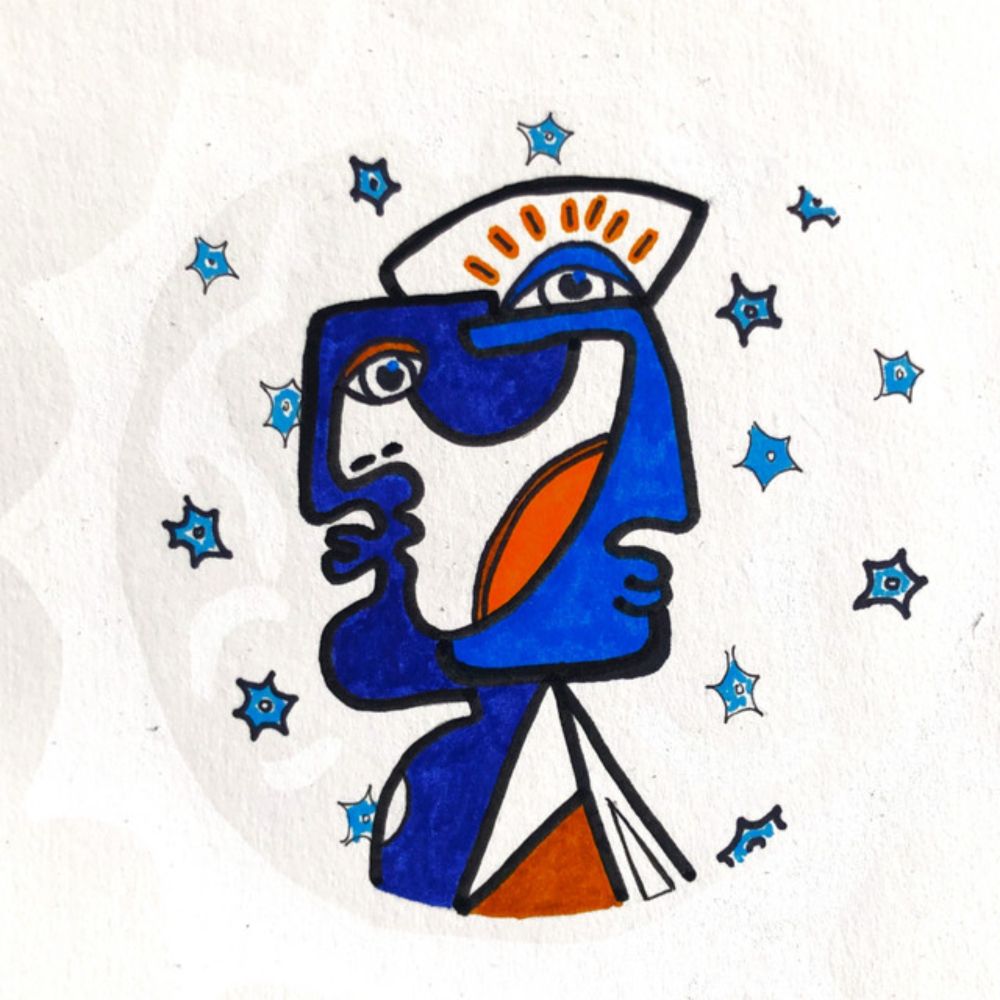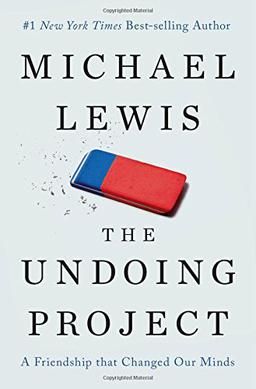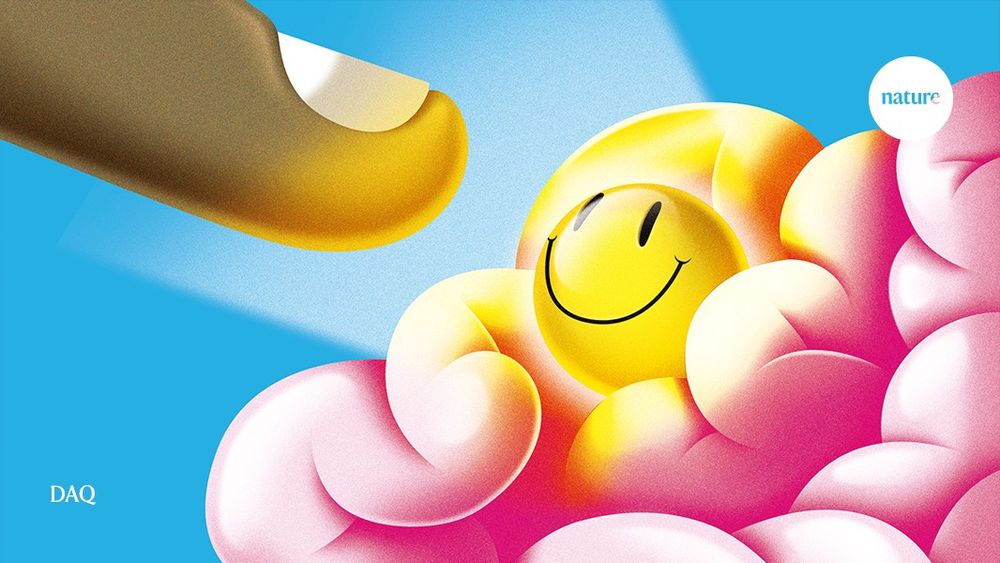Explaining the paradoxical effects of poverty on risk taking: The Desperation Threshold Model | Behavioral and Brain Sciences | Cambridge Core
Explaining the paradoxical effects of poverty on risk taking: The Desperation Threshold Model
In poverty, do people take more or less risk? Some theories contend that they avoid risk out of caution. Others that they take risks (e.g. crime) out of desperation.
In our new paper in BBS, we show that they are the two sides of the same coin: the desperation threshold.
Peer commentary call soon!
23.02.2026 19:53 —
👍 33
🔁 16
💬 1
📌 0
🎉 Our paper is out in Communications Psychology: a perspective on behavioural public policies & the psychology of poverty.
Core idea: poverty can shift psychology, so the same intervention won’t work the same for everyone.
Thread 🧵
19.01.2026 16:30 —
👍 6
🔁 2
💬 1
📌 0
Or simply good old Rmarkdown
09.01.2026 13:57 —
👍 2
🔁 0
💬 0
📌 0

A digital illustration styled to look like an embroidered fabric patch or cross-stitch. The text reads 'TWO YEARS OF WORD GAMES' in the center, with '2025' at the bottom and 'AMAN V. RHEA' in the top right. The background is a checkered pattern of colored squares (green, yellow, gray, purple, and blue), mimicking the color palettes of Wordle and Connections.

A scatter plot titled 'CROSSWORD TIMES' comparing daily Mini Crossword completion times over two years. The chart uses a pixelated aesthetic. Aman's data (left, in blue) shows a widely scattered distribution with a trend line hovering between 1 and 1.5 minutes, and includes a high outlier labeled 'Legendary bad Saturday.' Rhea's data (right, in red) is much more tightly clustered near the bottom, with a trend line consistently sitting around or below the 1-minute mark.

A waffle chart titled 'WINS IN A DAY' displays the percentage of days when each player achieved 0, 1, 2, or 3 wins (a 'Sweep'). Aman's grid is dominated by '1 win' (yellow) and '0 wins' (beige), with only a few red squares representing a Sweep. Rhea's grid is much more colorful, featuring large blocks of '2 wins' (green) and a significant number of 'Sweep' (red) squares.

An infographic titled 'CONNECTIONS: Who flops, clutches, or cracks purple?'. A table shows Aman has a slightly higher perfect game rate (30%) than Rhea (29%). Below, a horizontal bar chart compares specific play styles: Aman is more likely to play 'By The Book' (solving in exact order, 13%) and 'Total Flop' (losing all attempts, 6%). Rhea is significantly more likely to 'Clutch' (win with 3 mistakes made, 17%) and solve 'Purple First' (cracking the hardest category first, 8% vs Aman's 3%)
Rhea and I have been tracking our @nytimes.com word games (Wordle, Connections and the Mini) for the past two years. I decided to analyze our 4,200 gameplays with #rstats to determine a winner and made some festively embroidered charts with ggplot. Have a read. #dataviz
aman.bh/blog/2025/tw...
27.12.2025 06:41 —
👍 42
🔁 16
💬 3
📌 2
Congrats Oleg !! 🎉🥳
19.12.2025 11:38 —
👍 1
🔁 0
💬 0
📌 0
Hi, many thanks for sharing this!
I've tested across several device (pc with low quality camera and a recent iphone). On the iphone it works well, but on the pc it works only on Firefox but it doesn't work on Brave (I tried several times). I don't understand why
24.11.2025 15:38 —
👍 1
🔁 0
💬 1
📌 0
It takes 225 million years or so for the Solar System to make one orbit around the galaxy. Sharks evolved long enough ago that they’ve done it twice.
21.11.2025 03:14 —
👍 769
🔁 227
💬 13
📌 13
@gregoryfiorio.bsky.social interesting !
20.11.2025 09:14 —
👍 2
🔁 0
💬 0
📌 0
Thanks Tanay !!
14.11.2025 10:55 —
👍 0
🔁 0
💬 0
📌 0
OSF
📄 Preprint: doi.org/10.31234/osf...
💾 Data, code, materials, and preregistrations: osf.io/aecyr/files?...
Huge thanks to my co-authors, all senior authors with equal contribution: @oliviermorin.bsky.social, @hugoreasoning.bsky.social, @tadegquillien.bsky.social
13.11.2025 17:16 —
👍 0
🔁 0
💬 1
📌 0
⚙️ We analyze behavior both at the aggregated level and at the trial level, showing that participants’ accuracy is not merely a wisdom-of-crowds artifact.
🤖 Our Bayesian model outperforms several plausible heuristic models and explains ~90% of the variance at the aggregated level.
13.11.2025 17:16 —
👍 1
🔁 0
💬 1
📌 0
More in the paper:
📊 We combine a rich behavioral dataset (N=1,916; 113,400 knowledge-attribution judgments; 2,960 search choices) with a large and diverse stimulus set (N >1200).
13.11.2025 17:16 —
👍 0
🔁 0
💬 1
📌 0

📌 The same Bayesian framework explains information search. Participants flexibly queried new information in ways that match an optimal information-theoretic search model.
13.11.2025 17:16 —
👍 1
🔁 0
💬 1
📌 0

📌 A Bayesian model best explains these inferences. Participants’ judgments are best described by a Bayesian model that rationally integrates new evidence with prior expectations about others’ competence.
13.11.2025 17:16 —
👍 2
🔁 0
💬 1
📌 0

Main findings:
📌 People can accurately predict what others know from very limited information. From a single observed answer, participants could predict the probability that someone would know another trivia question with striking accuracy!
13.11.2025 17:16 —
👍 2
🔁 0
💬 1
📌 0

After seeing an individual’s performance on a trivia question, participants had to either:
- predict the individual’s ability to answer other trivia questions from the same theme, or
- select which information would be most diagnostic for inferring an individual’s competence.
13.11.2025 17:16 —
👍 0
🔁 0
💬 1
📌 0
OSF
In our new preprint (doi.org/10.31234/osf...), we examine how people infer others’ competence from sparse evidence, and the computational principles underlying these judgments.
We tested participants’ inferences on two tasks requiring fine-grained estimations. 👇
13.11.2025 17:16 —
👍 1
🔁 0
💬 1
📌 0

🎉 New preprint: Bayesian Competence Inference guides Knowledge Attribution and Information search
If someone knows that Venus is the only planet in the Solar System that rotates clockwise, will they also know what Earth’s only natural satellite is? What about which planets have no moons at all?
13.11.2025 17:16 —
👍 28
🔁 11
💬 1
📌 0
Many thanks!
25.10.2025 08:57 —
👍 0
🔁 0
💬 0
📌 0
Thanks for sharing.
I now need to debunk the misinformation I shared yesterday 😅
17.10.2025 07:14 —
👍 2
🔁 0
💬 0
📌 0
Very cool!
17.10.2025 07:07 —
👍 1
🔁 0
💬 0
📌 0
Nice to see our research featured on the eHRAF Academic Quarterly!
I also discovered some interesting papers that I missed :)
16.10.2025 12:59 —
👍 8
🔁 3
💬 1
📌 0
Seems exciting! 👀
15.10.2025 13:41 —
👍 1
🔁 0
💬 0
📌 0

Help us strengthen trust in climate scientists in the US! Join our megastudy 👇
15.10.2025 10:03 —
👍 16
🔁 12
💬 2
📌 0
Very cool paper!
03.10.2025 16:02 —
👍 3
🔁 0
💬 0
📌 0
"Depressed? Anxious? Insecure? Don’t worry about it. As long as you produce good science, you don’t have to be happy about it. We’ll be happy for you." 🙃
10.07.2025 14:45 —
👍 2
🔁 0
💬 0
📌 0

EP #17 | The Anthropology of Leisure Time | Mark Dyble
Cognitations · Episode
🎙️ EP #17
Most of us struggle w/ work-life balance. Long before the existence of long commutes and busy calendars, our ancestors lived as hunter-gatherers (HGs). Do HGs have more free time? @adigitaltanay.bsky.social discusses this & much more with Mark Dyble
tinyurl.com/y6hd8ur5
(1/2)
27.06.2025 16:39 —
👍 3
🔁 3
💬 1
📌 0

Over the years, a lot of our guests have recommended various books and/or media relating to various aspects of cognitive science.
A 🧵
EP #1 | @hugoreasoning.bsky.social recommends
26.06.2025 08:55 —
👍 7
🔁 3
💬 1
📌 0













